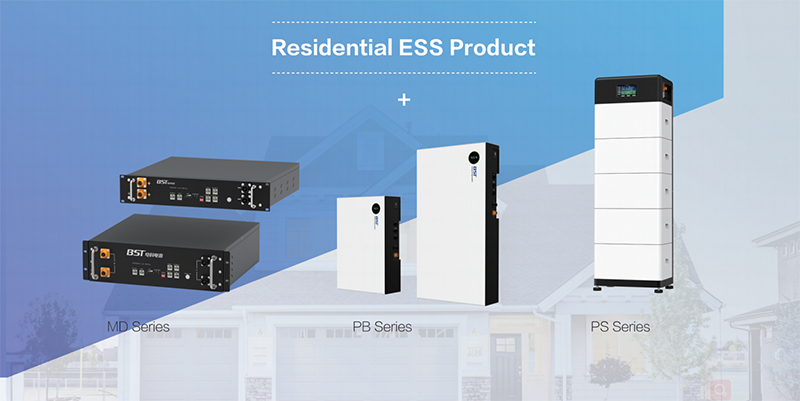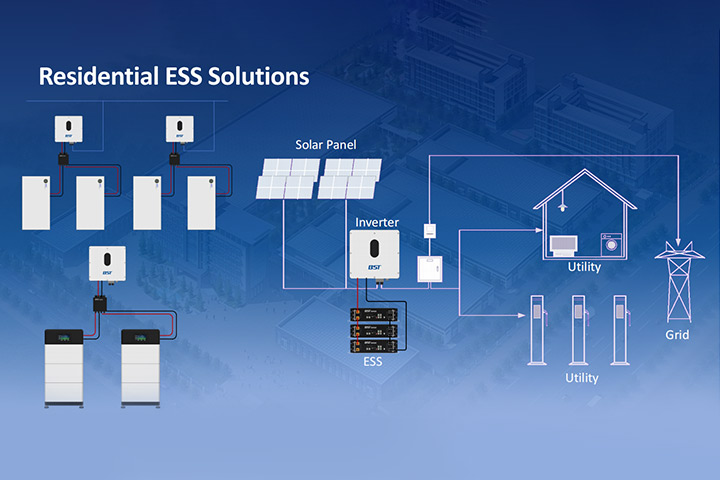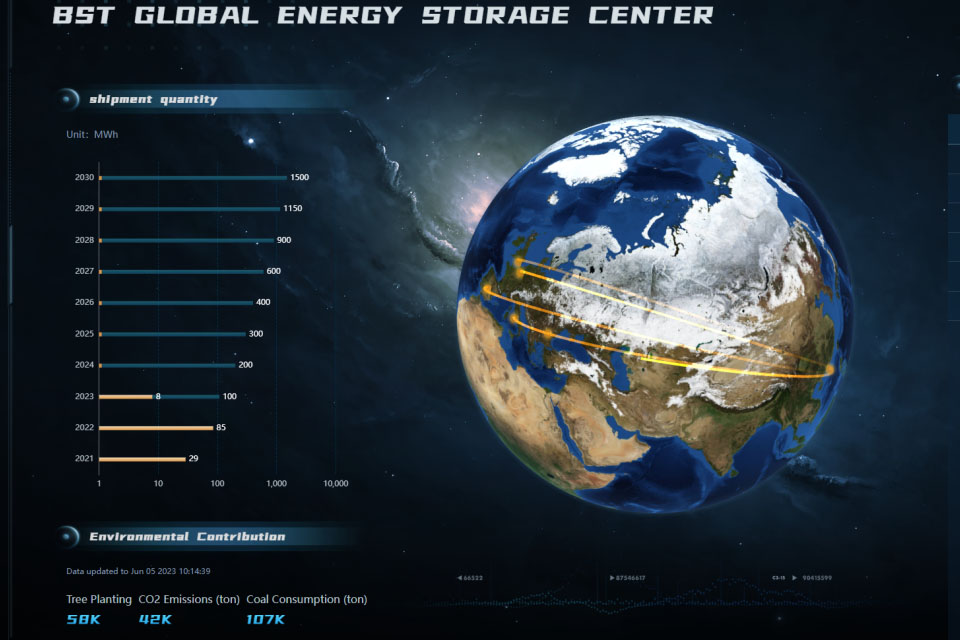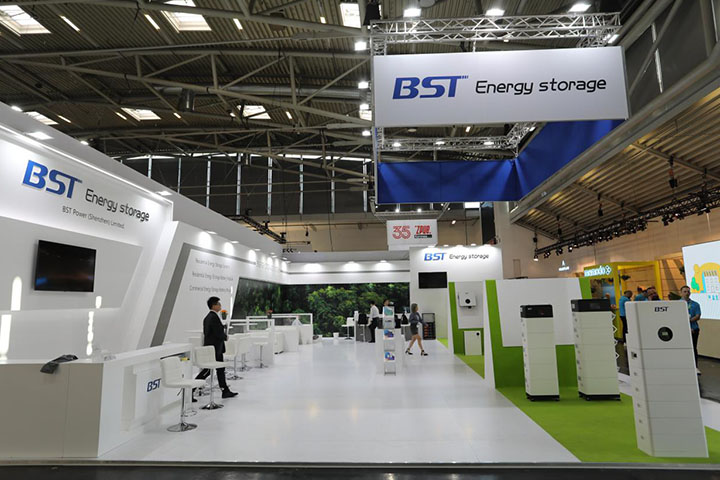Energy Storage Market Trends in 2025
The residential energy storage market is poised for explosive growth in 2025, spurred by the global push for renewable energy adoption, rising electricity costs, and advancements in battery technology. According to BloombergNEF, the global energy storage market will surpass 500 GWh in cumulative capacity by 2025, with residential systems representing a significant 35% share. This growth is driven by declining lithium-ion battery costs (projected to fall below $100/kWh) and government subsidies for renewable energy systems worldwide.
From a homeowner’s perspective, residential energy storage batteries offer clear economic and practical benefits. They help reduce electricity bills by storing solar energy during the day and using it during peak hours. Batteries also serve as backup power during outages, especially in areas with unreliable grids. Furthermore, these systems enhance energy independence, allowing users to generate and manage their electricity consumption efficiently.
Top 10 Residential Energy Storage Battery Manufacturers
1. BST Power

- Country: China
- Date of Establishment: 2002a
- Website: www.bstess.com
- Main Business Direction: Residential energy storage solutions.
- Core Competence: Advanced lithium-ion battery technology offering high energy density, safety, and durability.
Detailed Analysis:
BST Power stands out as a global leader in residential energy storage with over 22 years of expertise. Their wall-mounted systems are praised for their compact design, user-friendly interfaces, and high performance. The company’s strong focus on R&D enables it to deliver cutting-edge solutions that cater to diverse customer needs. With a robust supply chain and a global distribution network, BST Power ensures timely delivery and excellent after-sales support. Their commitment to innovation and sustainability positions them as a trusted choice for homeowners worldwide.
2. Tesla Energy
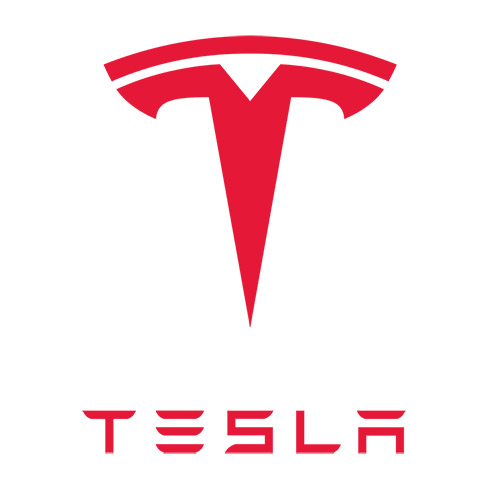
- Country: USA
- Date of Establishment: 2003
- Website: www.tesla.com/energy
- Main Business Direction: Solar panels, energy storage, and electric vehicles.
- Core Competence: Seamless integration of Powerwall batteries with Tesla’s solar systems and energy management solutions.
Detailed Analysis:
Tesla Energy’s Powerwall is synonymous with premium residential energy storage. Known for its sleek design and high efficiency, the Powerwall integrates seamlessly with Tesla’s solar systems, allowing users to maximize self-consumption. Tesla’s proprietary app offers real-time energy monitoring, giving users complete control over their energy usage. With a focus on innovation, Tesla remains a top choice for homeowners looking for high-performance energy storage solutions that blend functionality with aesthetic appeal.
3. Sonnen
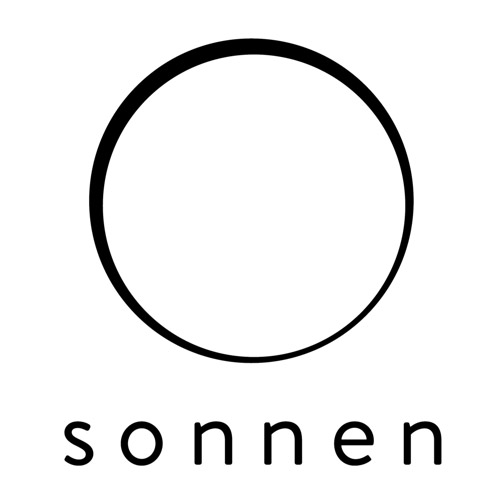
- Country: Germany
- Date of Establishment: 2010
- Website: www.sonnen.com
- Main Business Direction: Residential energy storage and community energy networks.
- Core Competence: Expertise in virtual power plants and energy-sharing platforms.
Detailed Analysis:
Sonnen’s modular battery systems are designed to integrate seamlessly with solar panels, providing a scalable solution for households of all sizes. Beyond individual energy storage, Sonnen promotes community energy sharing through its SonnenCommunity program, where users can trade excess energy with others. This innovative approach positions Sonnen as a pioneer in collaborative energy solutions. Additionally, their commitment to sustainability and advanced battery technology ensures reliable and eco-friendly systems.
4. LG Energy Solutions
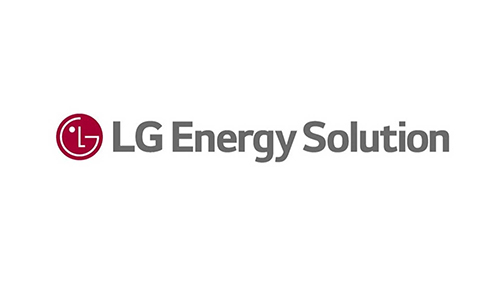
- Country: South Korea
- Date of Establishment: 1947 (as LG Chem)
- Website: www.lgenergy.com
- Main Business Direction: Lithium-ion battery solutions.
- Core Competence: Advanced battery management systems and high-performance lithium-ion technology.
Detailed Analysis:
LG Energy Solutions’ RESU series is one of the most reliable options for residential energy storage. These batteries are compact, efficient, and compatible with various solar inverters, making them versatile and user-friendly. LG’s strong reputation in consumer electronics and energy solutions ensures high-quality products with excellent safety standards. Their global reach and technical support make them a preferred choice for residential installations worldwide.
5. Panasonic Corporation
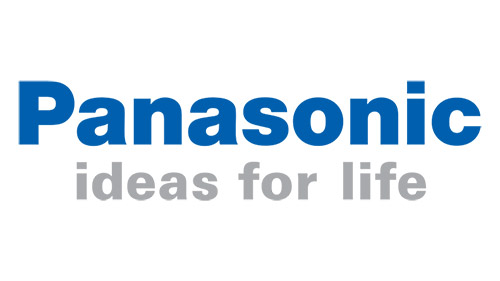
- Country: Japan
- Date of Establishment: 1918
- Website: www.panasonic.com
- Main Business Direction: Consumer electronics and energy solutions.
- Core Competence: High durability and long-lasting battery technology.
Detailed Analysis:
Panasonic’s collaboration with Tesla underscores its leadership in energy storage innovation. The company’s batteries are known for their durability and consistent performance, making them a trusted option for residential users. Panasonic also prioritizes safety, integrating advanced thermal management systems into its products. Its strong focus on R&D ensures continuous improvements in energy density and cycle life, providing excellent value for homeowners.
6. BYD Energy
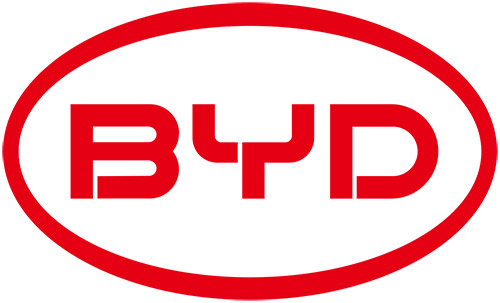
- Country: China
- Date of Establishment: 1995
- Website: www.byd.com
- Main Business Direction: Electric vehicles, renewable energy solutions, and residential energy storage.
- Core Competence: Vertical integration of manufacturing processes and expertise in lithium iron phosphate (LiFePO4) technology.
Detailed Analysis:
BYD Energy’s residential storage systems, particularly the Battery-Box series, are known for their modularity, safety, and scalability. Utilizing LiFePO4 technology, these batteries are among the safest in the market, offering excellent thermal stability and longevity. BYD’s strong global distribution network and vertically integrated supply chain ensure cost efficiency and reliability. With a focus on renewable energy, BYD is a leading player in enabling sustainable energy adoption in households worldwide.
7. Siemens Energy
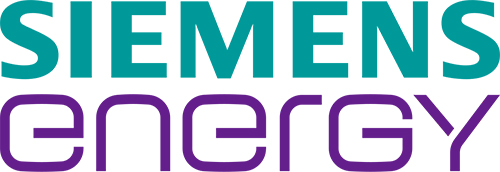
- Country: Germany
- Date of Establishment: 2020 (as Siemens Energy, derived from Siemens AG)
- Website: www.siemens-energy.com
- Main Business Direction: Renewable energy solutions, grid technology, and energy storage systems.
- Core Competence: Advanced energy management and integration with smart grids.
Detailed Analysis:
Siemens Energy provides high-performance residential energy storage systems designed to optimize energy usage in smart homes. Their storage solutions integrate seamlessly with renewable energy sources, enabling efficient energy management and grid interaction. Siemens’ advanced monitoring and diagnostic systems offer unparalleled reliability and user control. Their legacy in engineering and innovation cements their reputation as a trusted name in residential energy storage.
8. AES Energy Storage
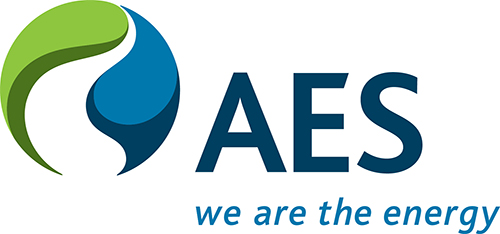
- Country: USA
- Date of Establishment: 1981
- Website: www.aes.com
- Main Business Direction: Energy storage systems, renewable energy generation, and grid-scale solutions.
- Core Competence: Expertise in energy storage system integration and grid-level performance optimization.
Detailed Analysis:
AES Energy Storage has successfully leveraged its expertise in large-scale storage solutions to develop efficient and robust residential systems. Known for their high energy capacity and reliability, AES’s residential offerings are well-suited for backup power and peak-shaving applications. With a strong emphasis on sustainability, AES focuses on reducing the carbon footprint of its systems while ensuring long-term performance for homeowners.
9. Fluence
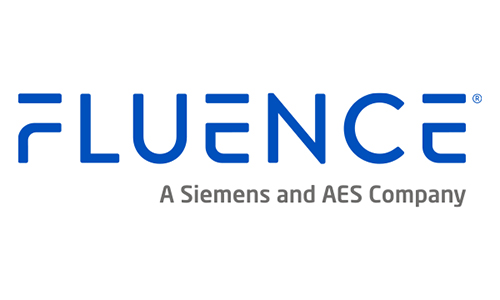
- Country: USA
- Date of Establishment: 2018 (a joint venture of Siemens and AES)
- Website: www.fluenceenergy.com
- Main Business Direction: Grid-scale and residential energy storage systems.
- Core Competence: Data-driven energy management solutions and AI-powered optimization.
Detailed Analysis:
Fluence’s residential energy storage solutions combine cutting-edge AI technology with reliable battery systems to deliver intelligent energy management. Their systems are designed to maximize energy savings by analyzing consumption patterns and optimizing energy usage. As a joint venture between Siemens and AES, Fluence benefits from decades of expertise in energy technology, providing homeowners with advanced, future-ready solutions that enhance energy independence and reduce costs.
10. Saft Batteries
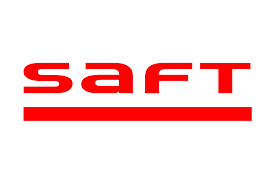
- Country: France
- Date of Establishment: 1918
- Website: www.saftbatteries.com
- Main Business Direction: Industrial and residential energy storage solutions.
- Core Competence: Expertise in long-lasting, high-performance lithium-ion and nickel-based battery technologies.
Detailed Analysis:
Saft Batteries is renowned for its long-standing expertise in battery technology, offering durable and high-performing systems for residential use. Their storage solutions emphasize reliability, making them ideal for homeowners seeking robust backup power. Saft’s commitment to innovation and sustainability is evident in their focus on creating batteries with extended lifespans and minimal environmental impact. Their global footprint ensures accessibility and consistent customer support.
Why Residential Energy Storage Batteries Are Gaining Popularity
Product Perspective
Energy storage batteries are becoming more compact, efficient, and affordable. Lithium-ion technology, particularly LiFePO4, offers higher energy density, better safety, and a longer lifespan. Additionally, advanced battery management systems provide users with better control and monitoring of their energy usage.
Market Perspective
Rising electricity costs and frequent grid outages are compelling homeowners to adopt energy storage systems. Government incentives and subsidies for renewable energy installations further encourage adoption. By 2025, global residential energy storage is expected to grow at a CAGR of 20%, driven by these market dynamics.
Customer Perspective
From a user standpoint, energy storage systems offer energy independence, cost savings, and environmental benefits. Homeowners can store solar energy during the day and use it during peak hours, reducing reliance on the grid. The convenience and reliability of these systems make them an attractive investment for modern households.
Comprehensive Summary
The residential energy storage market in 2025 is a vibrant and competitive space, with manufacturers continuously innovating to meet the needs of modern consumers. Companies like BST Power, Tesla Energy, and Sonnen are leading the charge with cutting-edge solutions tailored to diverse customer requirements. As costs decrease and energy policies evolve, residential energy storage batteries will become a cornerstone of sustainable living, enabling households to achieve energy independence while reducing their environmental footprint.
The top 10 manufacturers analyzed in this article showcase the diversity of the industry, offering unique strengths and capabilities. Whether it’s advanced AI integration, safety-focused battery chemistry, or modular scalability, these companies are at the forefront of the energy storage revolution.
Residential Energy Storage Battery Detailed FAQs
- Product:
What is the lifespan of a residential energy storage battery?
Residential batteries typically last 10–15 years, depending on usage patterns and battery chemistry. Lithium-ion batteries, such as LiFePO4, often outperform other types in longevity and cycle life. - Production:
Are residential energy storage batteries environmentally friendly?
Most manufacturers use recyclable materials and adhere to sustainability practices in production. Lithium-ion batteries are more eco-friendly compared to older lead-acid technologies, with lower carbon footprints. - Delivery:
How long does it take to receive a residential energy storage system?
Delivery usually takes 4–8 weeks, depending on the manufacturer and location. Expedited shipping options may be available for urgent orders. - Transport:
What safety measures are taken during transport?
Batteries are transported with certified packaging that prevents physical damage, short circuits, or thermal issues. They comply with international safety regulations, including UN38.3 certification for lithium batteries. - Installation:
Can I install the system myself?
While some systems are marketed as DIY-friendly, professional installation is highly recommended to ensure safety, regulatory compliance, and optimal performance. - After-Sales Service:
What kind of after-sales support do manufacturers provide?
Most manufacturers offer technical support, warranty services (typically 5–15 years), and software updates to maintain system performance. Some companies also offer extended warranties and annual maintenance packages for additional peace of mind.
